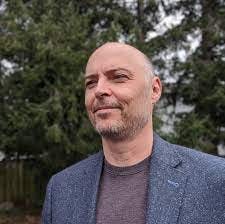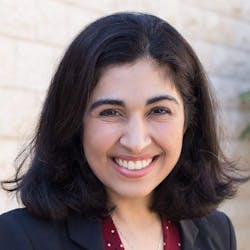Examining the psychology of social change through a Bahá’í lens
- Details
- Resources
In the Bahá’í conceptual framework, transformation of social institutions and human consciousness are reciprocal and advance simultaneously. Much of current social movement theory, however, is premised on institutional structures and decision-making being the best targets for change; this approach obscures the underlying psychology of social change, which anchors lasting societal shifts in the transformation of both individual hearts and minds and the dynamics of community culture. Our reading group has sought to understand literature on this topic through a Bahá’í lens and will share insights.
Deepening questions
- How can we take into account the affective, cognitive, and motivational dimensions of change when thinking about social transformation?
- How can we take into account the collective processes of meaning making and identity formation when thinking about social transformation?
- What latent powers of the human spirit must be tapped to effect change at the individual and collective levels?
- What are the characteristics of a theory of social change that attends to the nature of both the individual and the community as protagonists of change, without discounting the role of institutions and social structures?
Aayah Amir
Aayah Amir is a PhD student in the Social Justice Education department at the Ontario Institute for Studies in Education (University of Toronto). Her research interests include theorizing racial justice from within a paradigm of relationality and reciprocity.

Michael Karlberg
Michael Karlberg is a professor of Communication Studies at Western Washington University. His scholarship interrogates the intellectual foundations of Western civilization, including conceptions of human nature, power, social organization, and social change. His first book, Beyond the Culture of Contest, examines the socially unjust and ecologically ruinous consequences of organizing dominant social institutions and practices in a competitive manner. His new book, Constructing Social Reality builds on that work by examining the relativism, cynicism, and materialism the culture of contest gives rise to, and how this undermines struggles to construct more peaceful and just social forms. His current research is examining theories of social change, and their translation into movement practice, with a specific focus on how the relationship between ends and means is conceptualized and enacted.

Livia Dittmer
Livia Dittmer has her PhD in Community Psychology from Wilfrid Laurier University in Ontario, Canada. Her research interests include systems thinking and the interplay of structure and agency in social change.

Meghan McCullough
Meghan McCullough (MSW) works with the Multi-Racial Unity Living Experience and Intercultural Aide program (MRULE/ICA) at Michigan State University, a 25+ year effort to build vibrant, dialogic, multi-racial community among undergraduate students, raise critical consciousness about social and global issues, and advance just relationships between individuals, communities, and institutions.

Negin Toosi
Dr. Toosi is an experimental social psychologist with a special focus on diversity and intergroup relations. Her research deals primarily with social identities such as race, gender, and religion, as well as the intersections between them. She is an assistant professor of psychology at California State University - East Bay.

Shayda Azamian
Shayda is currently working in the field of climate policy and community organizing, with a Bachelor's degree in Peace and Conflict Studies from UC Berkeley. She will begin her Ph.D in Community Research and Action at Vanderbilt University in the fall.

46th Annual Conference
The views expressed in this recording are those of the presenters and do not necessarily represent the views of the Association for Bahá’í Studies, nor the authoritative explications of Bahá’í writings.